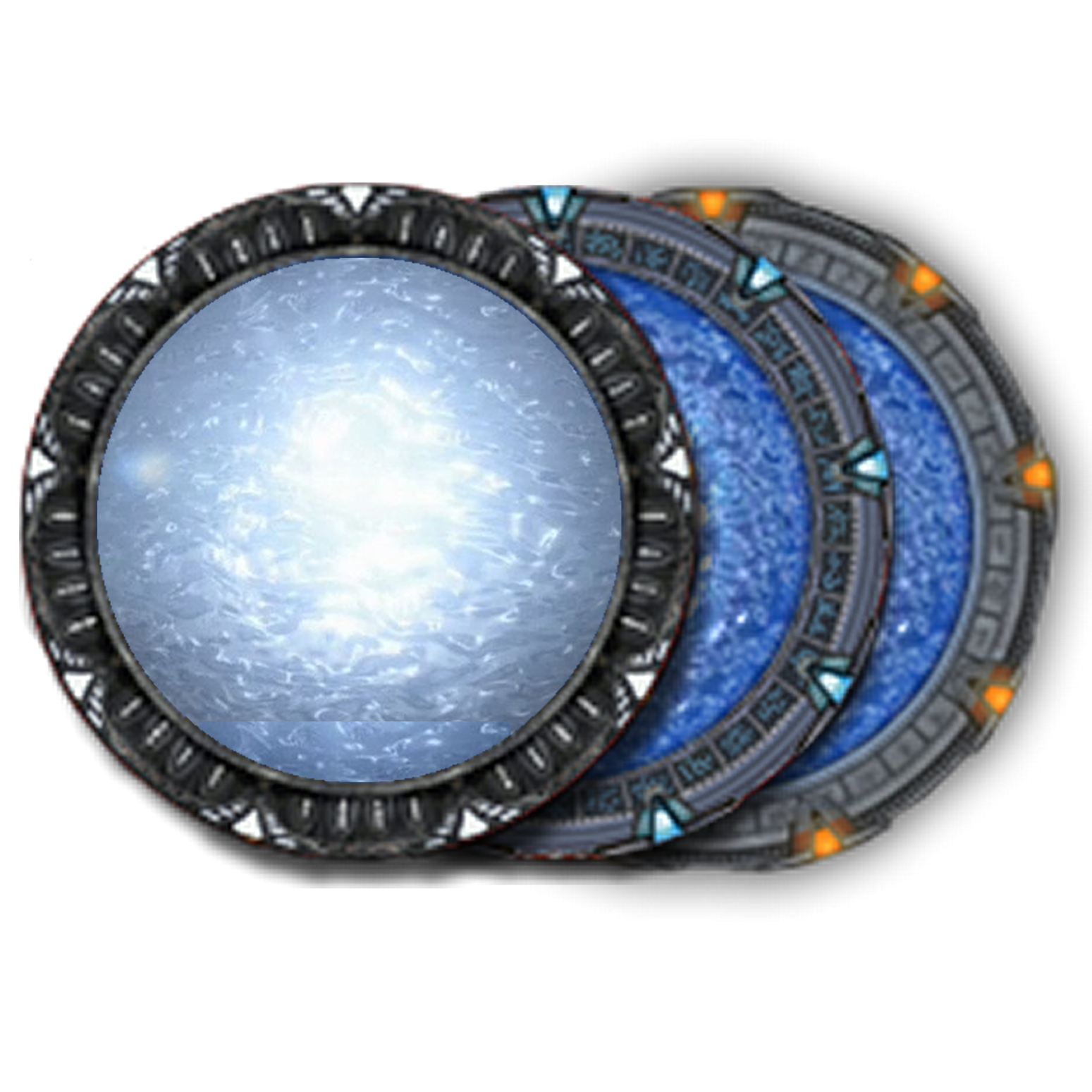Stargate Wiki:Assume good faith
| This page is an official policy of Semantic Stargate Wiki. This policy is considered by the community and its leadership to be the status quo of Semantic Stargate Wiki and is not to be countermanded or ignored, though changes to it can be discussed on the appropriate talk page. |
Assume that others are trying to help Semantic Stargate Wiki rather than harm it, unless there is clear evidence to the contrary.
A Fundamental Principle
To assume good faith is a fundamental principle on any web-based, free content, encyclopedia project. In allowing anyone to edit, we must assume that most people who work on the project are trying to help it, not hurt it. If this weren't true, a project like Semantic Stargate Wiki would be doomed from the beginning.
When you can reasonably assume that a mistake someone made was a well-intentioned attempt to further the goals of the project, correct it without criticizing. When you disagree with someone, remember that they probably believe that they are helping the project. Consider using talk pages to explain yourself, and give others the opportunity to do the same. This can avoid misunderstandings and prevent problems from escalating.
Newcomers unaware of Semantic Stargate Wiki's unique culture and the mechanics of wiki editing often make mistakes or fail to respect community norms. It is not uncommon for a newcomer to believe that an unfamiliar policy should be changed to match their experience elsewhere. Similarly, many newcomers bring with them experience or expertise for which they expect immediate respect. Behaviors arising from these perspectives are not malicious.
As Stargate is a work of fiction, every viewer's perception of what's occurred can be subjective. Often, this perception may also be incomplete (usually due to the viewers who may have not seen every episode or remembered specific details) which result in contributions that are inaccurate. Veteran contributors should take care when an obviously inaccurate contribution is added and should assume that the contributor isn't as versed in the subject matter.
Rather than reverting the article without any explanation other than on the (often abrupt and impersonal) edit summary of an article, you can help the contributor by politely commenting on the revert in detail on their talk page.
One recommended method in helping a newcomer without biting them is to:
- Revert the inaccuracy in the article.
- Note the contributor who added the inaccuracy and use their user contributions log to note if the contributor is relatively new or has few contributions over a span of # Create a new topic on their talk page.
- Greet the new user and explain the revert and why it was done. Be sure to add the link of the article that was reverted to make it easy for the user to find the article.
- Offer the user an opportunity to cite their sources in case you might be wrong in your revert.
- Remind them to read the standards and conventions and official sources policies if they haven't already.
- Remind the user not to feel discouraged in later edits, noting that we all get things wrong on this wiki from time to time.
Intentions, not actions
Assuming good faith is about intentions, not actions. Well-meaning people make mistakes, and you should correct them when they do. You should not act like their mistake was deliberate. Correct, but don't scold. There will be people on Stargate Wiki with whom you disagree. Even if they're wrong, that doesn't mean they're trying to wreck the project. There will be some people with whom you find it hard to work. That doesn't mean they're trying to wreck the project either. It is never necessary that we attribute an editor's actions to bad faith, even if bad faith seems obvious, as all our countermeasures (i.e. reverting, blocking) can be performed on the basis of behavior rather than intent.
Assuming good faith also does not mean that no action by editors should be criticized, but instead that actions should not be needlessly attributed to malice.
- Never assume malice when stupidity will suffice.[1]
Or, more likely, at Semantic Stargate Wiki, it is an unfamiliarity of our policies and procedures.
Caveats
It's important to be nice, until it is time to not be nice.[2]
- This policy does not require that editors continue to assume good faith in the presence of evidence to the contrary. Actions inconsistent with good faith include vandalism, sockpuppetry, and lying. Assuming good faith also does not mean that no action by editors should be criticized, but instead that criticism should not be attributed to malice unless there is specific evidence of malice. Accusing the other side in a conflict of not assuming good faith, without showing reasonable supporting evidence, is another form of failing to assume good faith.
See also
References
| This page uses some contents from Battlestar Wiki. The original article has been written in Battlestar_Wiki:Assume_good_faith. The revision history can be seen in the Revision history page. Battlestar Wiki text is available under Creative Commons Attribution-NonCommercial-ShareAlike 3.0 Unported (CC BY-NC-SA 3.0). If you want to reuse it you have to distribute it under the same license. |


